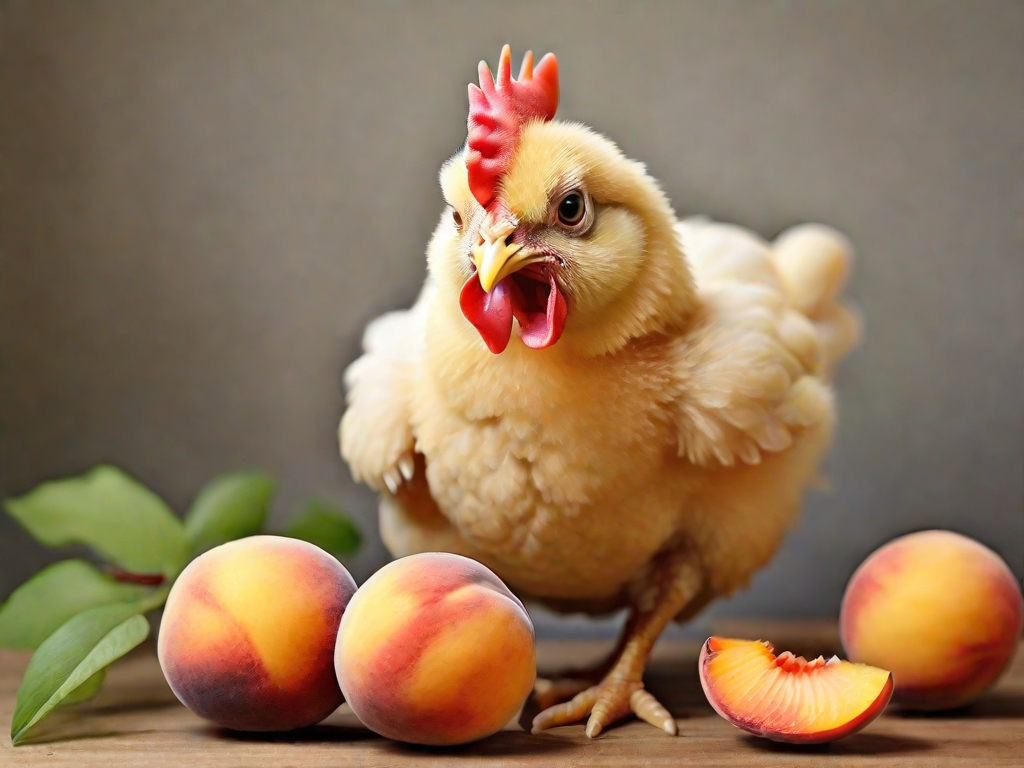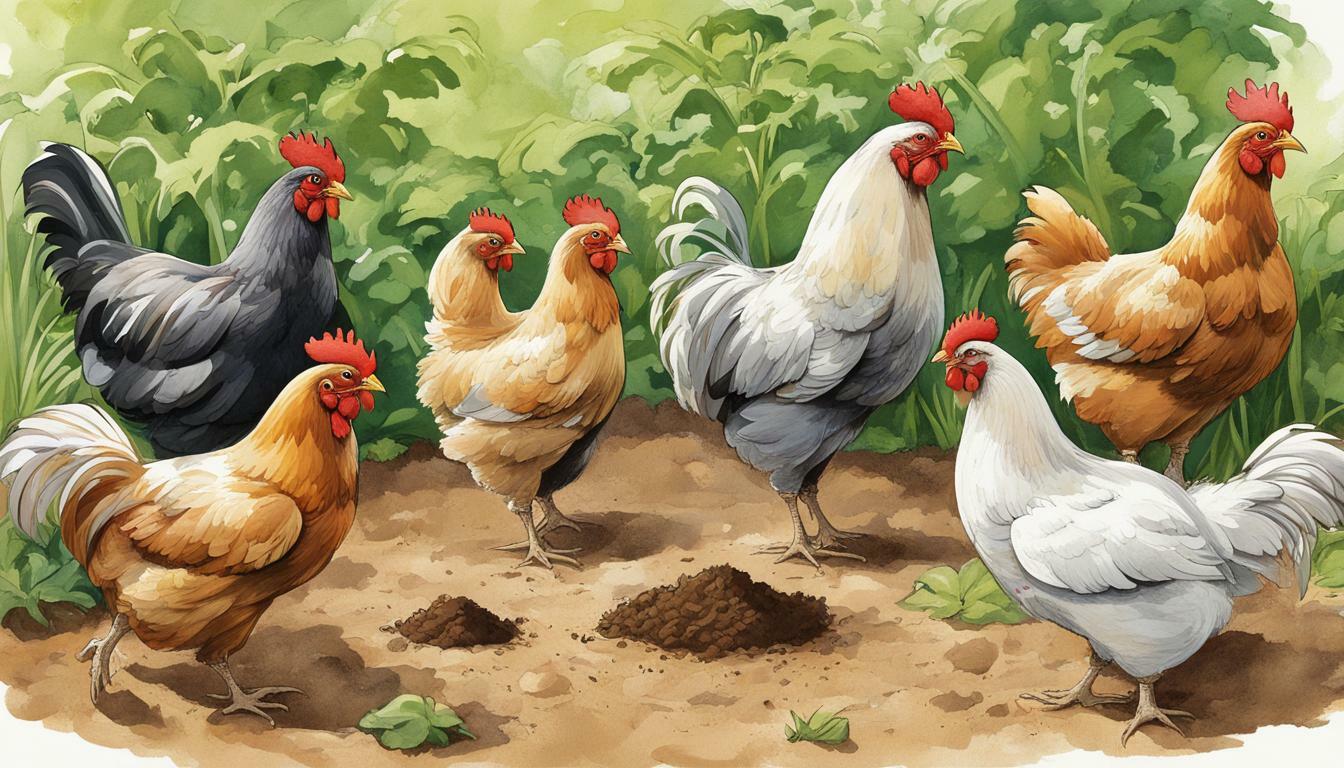Is Agricultural Lime Safe For Chickens?
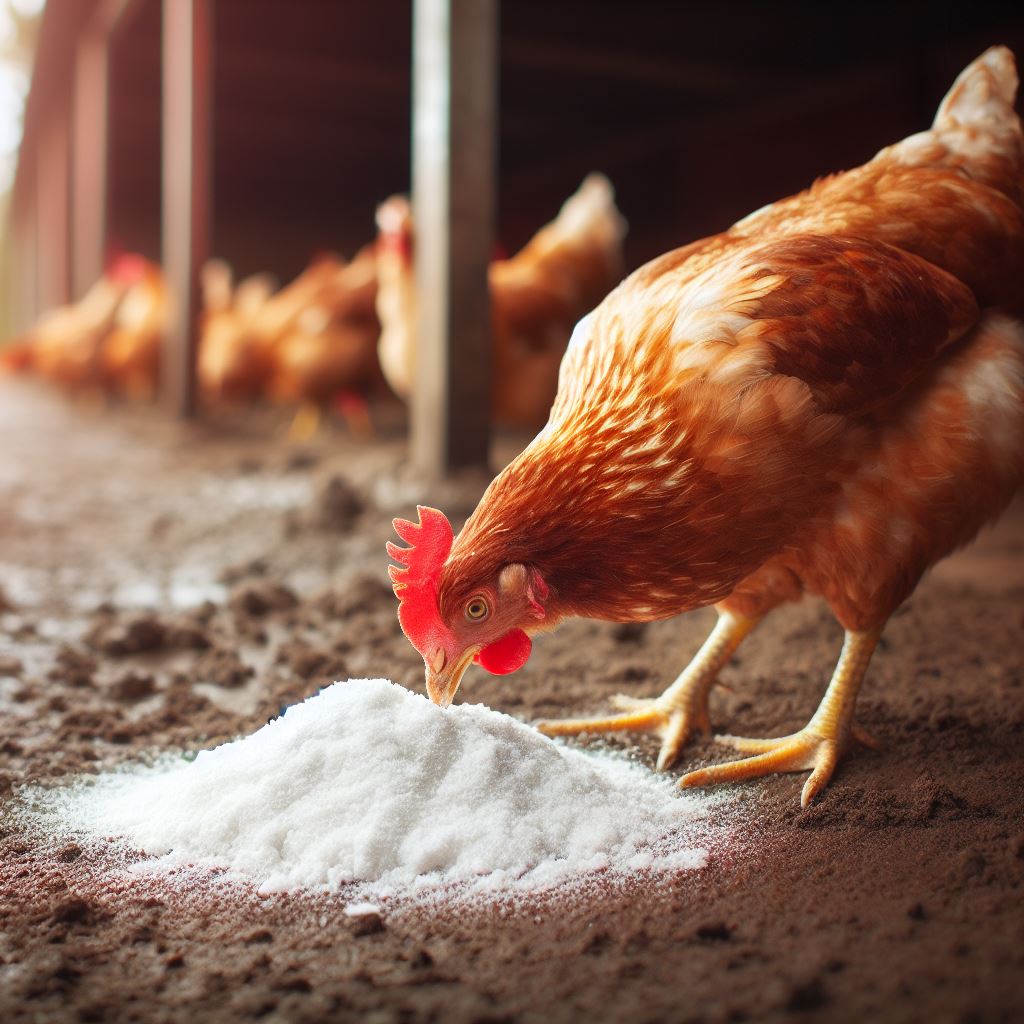
Table of content:
Agricultural lime, also known as garden lime or dolomite lime, is a soil amendment used by gardeners and farmers to adjust soil pH. But is agricultural lime safe to use in chicken coops? The answer is yes, when used properly and cautiously. In this comprehensive guide, we’ll cover everything you need to know about using lime in your chicken coop.
What is Agricultural Lime?
Agricultural lime is a powdery substance made from pulverized limestone or chalk. It contains high levels of calcium carbonate and magnesium carbonate, which makes it an effective neutralizer of acidic soil.
There are several types of lime:
- Calcitic lime – Made from calcium carbonate
- Dolomitic lime – Made from calcium magnesium carbonate
- Hydrated lime – Made from calcium hydroxide (also called slaked lime)
Key Point: Hydrated lime is caustic and toxic, so it should never be used in chicken coops. Only agricultural lime/garden lime products are safe.
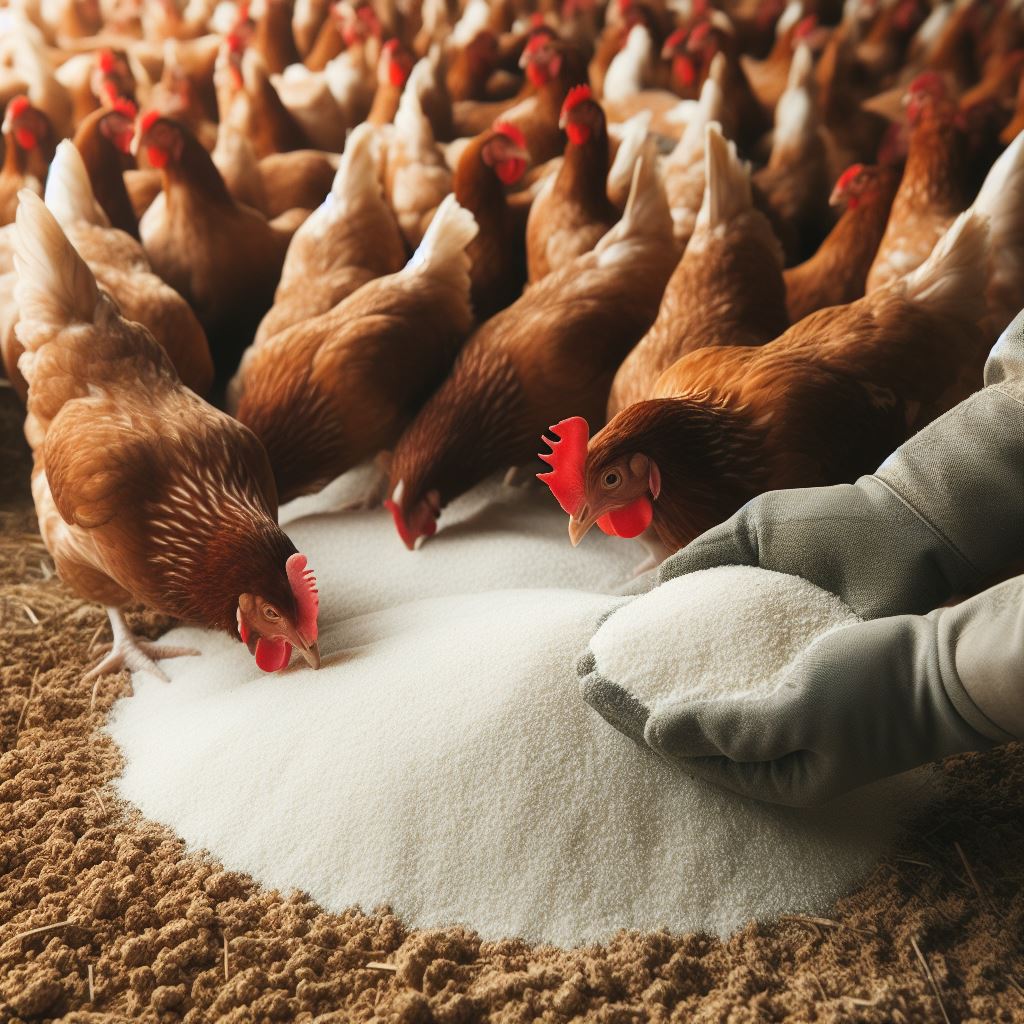 Benefits of Using Lime in the Chicken Coop
Benefits of Using Lime in the Chicken Coop
When used properly, agricultural lime offers several benefits:
- Reduces odors – Lime neutralizes ammonia from chicken manure and reduces damp odors.
- Dries out wet areas – Lime absorbs moisture, helping dry out wet, muddy areas.
- Discourages pests – Lime makes the environment less hospitable to insects and rodents.
- Neutralizes pH – Lime balances the pH of acidic litter and soil.
- Sanitizes – Lime has antibacterial properties that kill pathogens.
How to Apply Lime in the Chicken Coop
Using lime in the coop takes a bit of work but is relatively straightforward:
Step 1: Clean the Coop
Start by doing a thorough coop cleaning to remove all visible manure, litter, and debris. Scrape and sweep the floor, walls, roosts, and fixtures.
Step 2: Apply a Lime Base Layer
Spread a 2-4 inch thick layer of ag lime across the entire coop floor. Make sure to get into all corners and crevices.
Step 3: Add Bedding Material
Cover the lime base layer with 3-6 inches of fresh, dry bedding such as wood shavings, straw, or sand. This will prevent chickens from coming into direct contact with the lime.
Caution: Always wear gloves and a dust mask when working with lime as it can irritate eyes and lungs. Avoid breathing in lime dust.
Step 4: Re-Apply Lime Regularly
When coop odors return, top dress the bedding with another light layer of lime. Remove soiled bedding as needed.
Here are some tips for using lime in the chicken coop:
- Re-apply lime every 2-4 weeks or whenever ammonia odors return.
- Use lime sparingly – a little goes a long way. Avoid thick layers.
- Apply lime after the chickens have gone to roost for the night.
- Store lime sealed in a waterproof container to prevent it from drawing moisture.
- Choose pelletized lime – it is less dusty than powdered formulations.
- Never let chickens access pure lime – always keep it covered with bedding.
Where to Buy Agricultural Lime
Agricultural lime can be purchased at most farm supply stores, co-ops, nurseries, and online. It’s inexpensive – usually $5-$15 for a 40-50 pound bag. Be sure to choose agricultural or dolomitic lime, not hydrated lime.
Popular Brands:
- Espoma Garden Lime
- Dr. Earth Lawn Lime
- Bonide Lawn & Garden Lime
- Greenway Biotech Fast Acting Lime
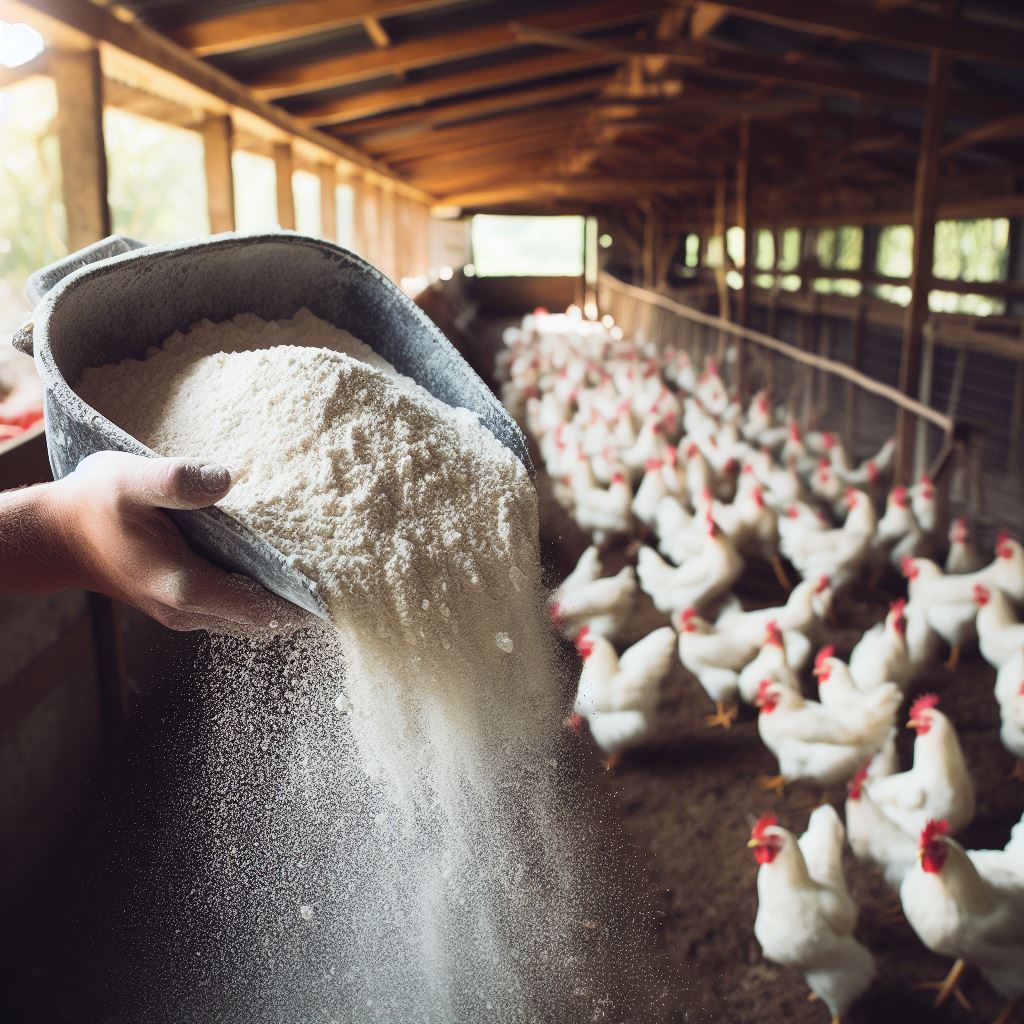 How Much Lime to Use in the Chicken Coop
How Much Lime to Use in the Chicken Coop
The amount of lime needed depends on the size of your coop. Here are some general guidelines:
For a small coop (up to 50 sq ft floor space):
- Base layer: 2-3 lbs
- Maintenance: 1 lb per week
For a large coop (150+ sq ft floor space):
- Base layer: 10-15 lbs
- Maintenance: 3-5 lbs per week
Monitor odor levels and adjust the lime quantity as needed. More lime may be required in wet, humid weather versus dry conditions.
Is Lime Safe for Chickens? Precautions
When used correctly, agricultural lime is non-toxic and safe for chickens. However, there are some precautions:
- Cover lime with bedding – don’t allow chickens direct access. Ingesting large amounts can burn their crop.
- Avoid lime dust accumulation on eggs or food/water sources.
- Use sparingly and evenly in thin layers – thick clumps can burn feet.
- Keep lime storage containers sealed and out of reach of chickens.
- Monitor chickens when first applying lime – watch for signs of irritation or distress.
- Provide plenty of ventilation when using lime to prevent air quality issues.
- Choose a pelletized lime product – it’s less dusty.
- Wear gloves and a mask when handling lime to prevent human skin/eye/lung irritation.
Conclusion
Agricultural lime is an effective, natural tool for controlling odors, moisture, and bacteria in the chicken coop. When used properly and with caution, lime can help create a cleaner, healthier environment for your flock.
Monitor your chickens and adjust lime quantity based on effectiveness and their reactions. With the right precautions, lime can be a safe and sustainable addition to coop maintenance routines.
Welcome. I’m Adreena Shanum, the proud owner of this website, and I am incredibly passionate about animals, especially poultry. I founded adreenapets.com as a labor of love, stemming from my desire to share my knowledge and experiences with poultry enthusiasts worldwide.


